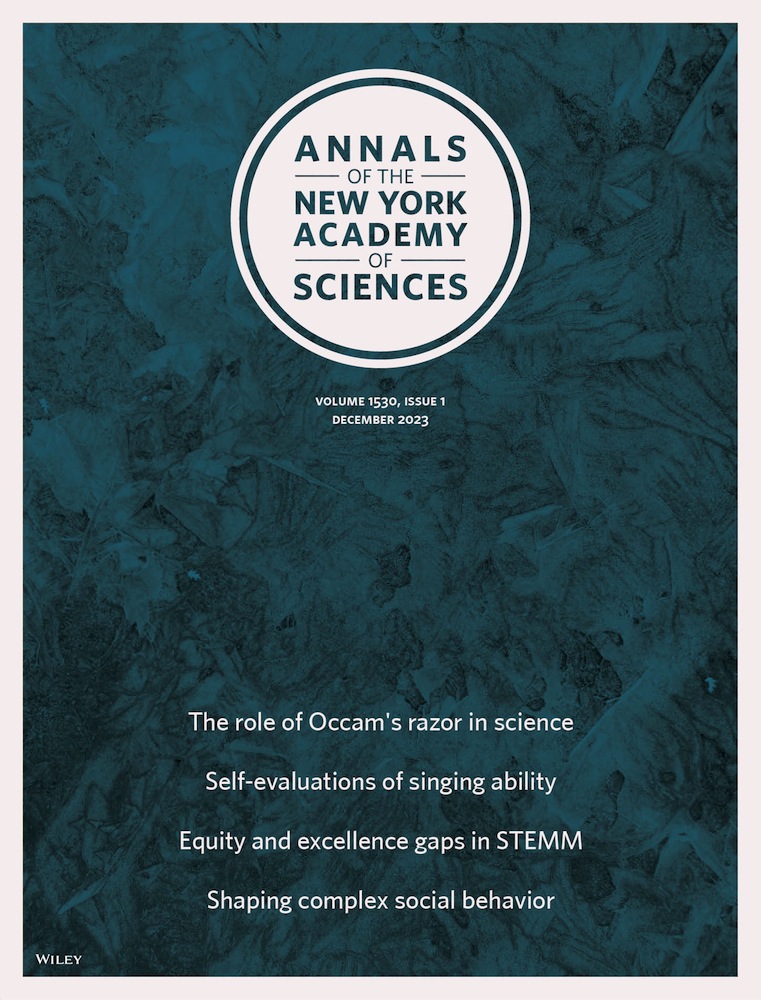碳社会成本的趋势和偏见
IF 4.1
3区 综合性期刊
Q1 MULTIDISCIPLINARY SCIENCES
引用次数: 0
摘要
一项更新和扩展的元分析证实,碳的社会成本的中心估计约为200-250美元/tC(700-900美元/tCO2),具有很大的、偏右的不确定性,并且随着伦理观点的改变而呈上升趋势。纯时间偏好率和跨期替代弹性反比是关键假设,2.5℃变暖的总影响较小。如果假定气候变化影响的是经济增长,而不是产出和福利水平,那么碳排放的社会成本要高得多。这些文献主要由少数几个国家的作者组成的相对较小的网络所主导。发表和引用偏倚可能推高了碳排放的社会成本。本文章由计算机程序翻译,如有差异,请以英文原文为准。
Trends and biases in the social cost of carbon
An updated and extended meta‐analysis confirms that the central estimate of the social cost of carbon is around $200–250/tC ($700–900/tCO2 ) with a large, right‐skewed uncertainty and trending up as ethical views have changed. The pure rate of time preference and the inverse of the elasticity of intertemporal substitution are key assumptions, the total impact of 2.5℃ warming less so. The social cost of carbon is much higher if climate change is assumed to affect economic growth rather than the levels of output and welfare. The literature is dominated by a relatively small network of authors, based in a few countries. Publication and citation bias may have pushed the social cost of carbon up.
求助全文
通过发布文献求助,成功后即可免费获取论文全文。
去求助
来源期刊

Annals of the New York Academy of Sciences
综合性期刊-综合性期刊
CiteScore
11.00
自引率
1.90%
发文量
193
审稿时长
2-4 weeks
期刊介绍:
Published on behalf of the New York Academy of Sciences, Annals of the New York Academy of Sciences provides multidisciplinary perspectives on research of current scientific interest with far-reaching implications for the wider scientific community and society at large. Each special issue assembles the best thinking of key contributors to a field of investigation at a time when emerging developments offer the promise of new insight. Individually themed, Annals special issues stimulate new ways to think about science by providing a neutral forum for discourse—within and across many institutions and fields.
 求助内容:
求助内容: 应助结果提醒方式:
应助结果提醒方式:


